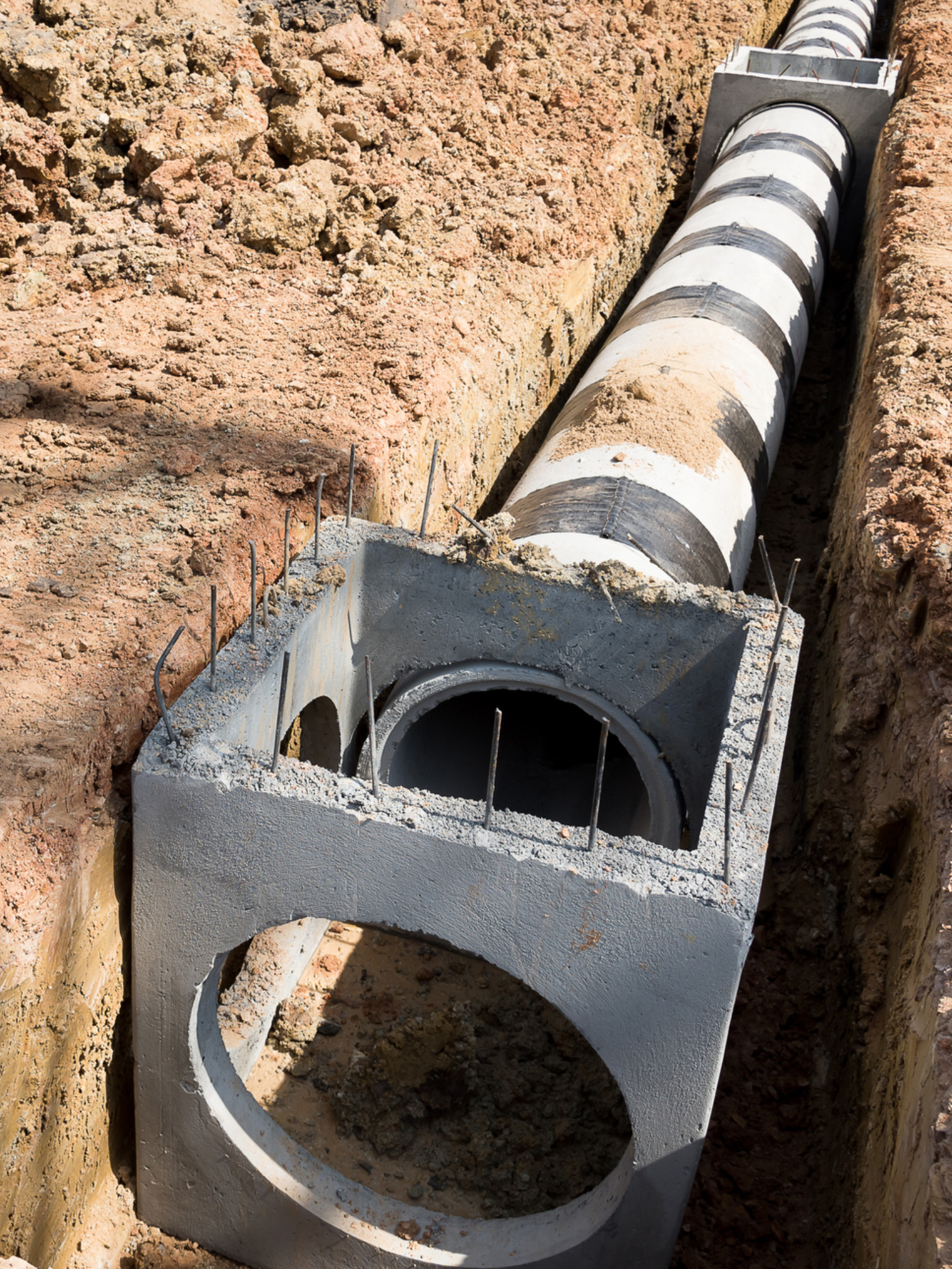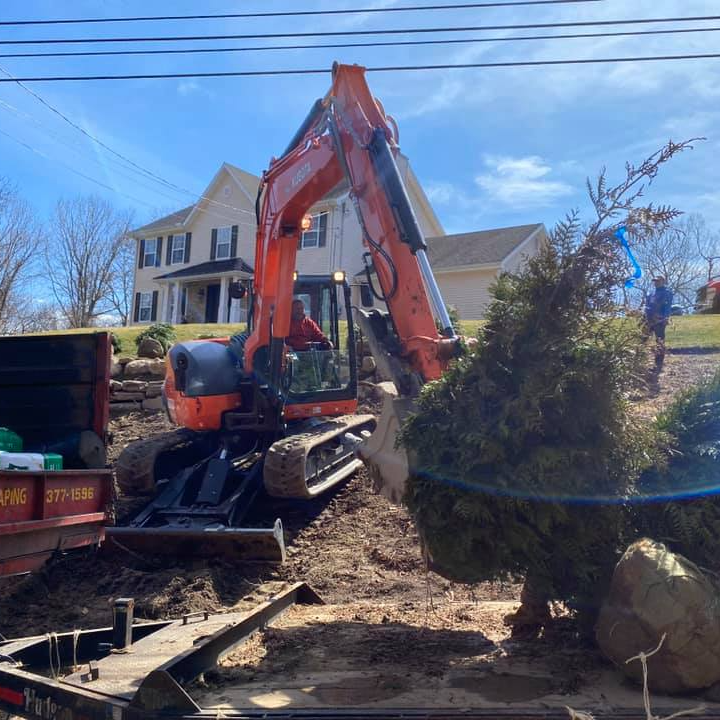Comprehensive Excavation Strategies: Mastering the Principles for Success
The cautious preparation, precise execution, and thorough attention to information called for in excavation jobs demand a detailed technique that encompasses numerous basic elements. The real mastery lies not simply in recognizing these basics but in flawlessly incorporating them to browse the complexities of excavation projects with skill.
Recognizing Excavation Project Planning

Effective excavation tasks are improved the foundation of meticulous and extensive planning. The first phase of any excavation job is the planning phase, where important decisions are made that can dramatically affect the result of the task. During this stage, it is necessary to collect all appropriate information regarding the website, including topographical surveys, dirt structure, and any prospective risks that might exist. Comprehending the task timeline, budget, and extent restrictions is essential for developing a thorough excavation strategy that guarantees the project's success.
One trick aspect of excavation job planning is the advancement of a thorough timeline that outlines the series of due dates, turning points, and tasks. This timeline functions as a roadmap for the job team, allowing them to track progress and make required changes to make certain the project remains on routine. Additionally, a distinct budget plan that makes up all expenses, including equipment rental, labor prices, and products, is important for avoiding price overruns and delays. By carefully thinking about all these factors throughout the preparation stage, excavation tasks can be carried out effectively and effectively, causing successful results.
Dirt Evaluation and Website Examination
Conducting detailed dirt evaluation and website evaluation is an important action in the preparation phase of any excavation job. Soil analysis entails determining the composition, framework, and homes of the soil at the excavation site. This information is crucial for comprehending the dirt's bearing capacity, dampness content, and capacity for erosion, which are key consider establishing the excavation techniques and tools required for the project.
Site analysis goes beyond soil analysis and includes a more comprehensive analysis of the overall website problems. This examination consists of determining any possible threats, such as underground utilities, environmental problems, or unstable terrain, that might influence the excavation process. By thoroughly assessing the site, project managers can develop effective excavation strategies that prioritize safety, performance, and environmental management.
Utilizing innovative modern technologies like ground-penetrating radar, soil sampling, and drone surveys can enhance the precision and effectiveness of dirt evaluation and website analysis. Investing time and sources in these initial actions can eventually save time and prevent pricey hold-ups or issues during the excavation procedure.
Devices Selection and Utilization
Reliable excavation jobs rely greatly on critical devices selection and application to make sure optimal efficiency and productivity. Choosing the right tools for the task is important in making the my company most of performance and lessening downtime. Elements such as the sort of soil, deepness of excavation, and project extent play a significant duty in figuring out the most appropriate equipment for the job handy.

In enhancement to picking the appropriate devices, correct usage is key to job success. Operators must be educated to take care of the equipment securely and efficiently - septic ohio. Routine maintenance checks and timely fixings aid protect against failures and make certain regular efficiency throughout the job
Precaution and Laws Compliance
In the realm of excavation tasks, focusing on safety measures and compliance with policies is critical to guaranteeing a protected and legally audio operational setting. Precaution incorporate a variety of practices, consisting of carrying out detailed website evaluations, executing proper signage and obstacles, and supplying ample safety and security training for all workers entailed in the excavation process. Adherence to policies, such as OSHA needs in the United States, ensures that the excavation task fulfills the needed standards to protect employees, bystanders, and the surrounding environment.

Monitoring Progression and Adjusting Approaches
Exactly how can project supervisors over here efficiently track the advancement of excavation jobs and adjust their techniques accordingly to enhance end results? Tracking progression is vital for ensuring that excavation jobs stay on track and meet target dates.

Conclusion
Finally, grasping the principles of thorough excavation methods is vital for the success of any task. By comprehending project preparation, evaluating dirt and site conditions, picking suitable tools, following safety regulations, and monitoring development, task managers can guarantee a smooth and effective excavation procedure. Carrying out these methods will cause successful end results and lessen potential dangers or troubles during the excavation task.
The preliminary stage of any type of excavation project is the preparation stage, where critical choices are made that can significantly affect the outcome of the job. Understanding the job spending plan, scope, and timeline restraints is important for producing a thorough excavation plan that guarantees the task's success.
How can predict managers successfully track the advancement of excavation jobs and adapt their approaches accordingly to go optimize results? By carefully keeping track of progression and being eager to adapt strategies, project managers can boost the overall success of excavation projects.
By comprehending job planning, examining dirt and website problems, choosing proper tools, abiding with security regulations, and monitoring progress, project managers can ensure a efficient and smooth excavation process.